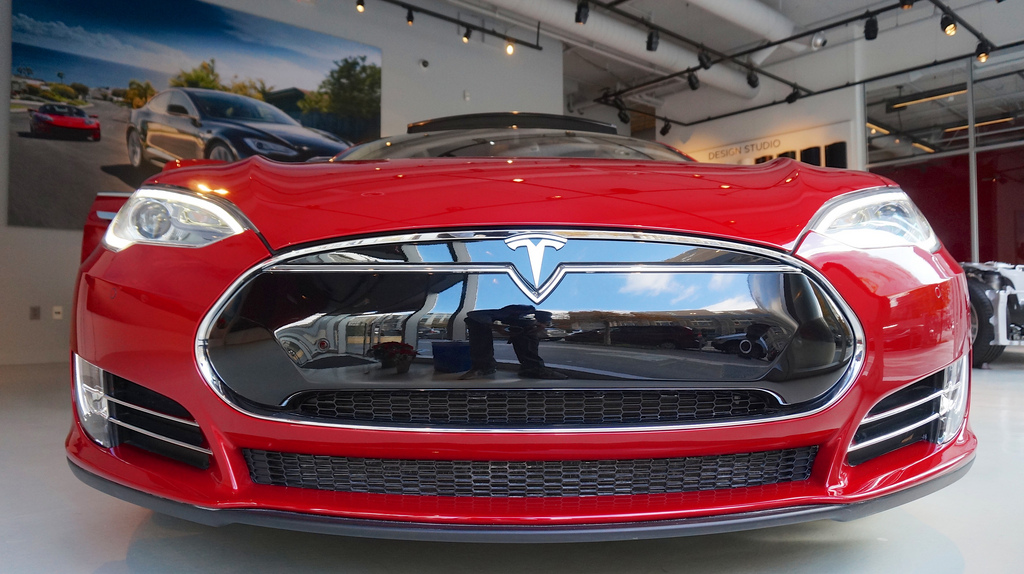Having predicted the growth of what could eventually be a $2.6 trillion electric vehicle market, U.K.-based market research company IDTechEx has already called time on plug-in hybrid models.
Cynics have long anticipated the world’s traditional carmakers will roll out incremental innovations to keep sales buoyant during the transition to full electromobility, and the findings of the EVs 2020-2030 report published by the Cambridge-based analysts would appear to bear out that concern.
According to IDTechEx, plug-in hybrids – cars which switch to being petrol driven once their battery runs out of charge – offer the worst of both worlds with drivers reporting range anxiety thanks to a small battery together with a smaller-than-usual fuel tank. The latter is becoming more of a problem for drivers, according to the study, thanks to the number of petrol stations starting to decline in the U.K. in tandem with the rise in EV charging points.
Plug in, drop out
Brands including Mini and its BMW parent, Volkswagen marques Skoda and Porsche, Geely-owned Volvo and German manufacturer Mercedes all offer plug-in hybrid EVs but the report’s authors say such PHEVs have nothing like the waiting lists enjoyed by the pure electric rivals which are already killing their market share.
PHEVs will be extinct by 2030, according to the IDTechEx publication, and lead author Peter Harrop said: “Well-funded start-ups go straight to pure electric. [The] Tesla Roadster will have 1,000km range, matching gasoline: it will then become commonplace. Those buying internal combustion vehicles hope [proposed] city and country bans [on such vehicles] will not apply to hybrids. However, they face increasing range anxiety from the number of gas stations plummeting – Experian Catalyst reports a drop of 35% in U.K. gasoline stations since the year 2000 – whilst charging stations increase. They [also] have financial anxiety from dropping resale values.
“There is absolutely nothing to reverse dropping market share for plug-in hybrids, leading to decline in sales numbers. Indeed, with new inputs, we have just revised our forecasts down to show plug-in car sales at zero in 2030. Technologically they are becalmed while pure electric is evolving fast – from camper mode to solar versions that never plug in.”
This content is protected by copyright and may not be reused. If you want to cooperate with us and would like to reuse some of our content, please contact: editors@pv-magazine.com.




Never could figure hybrids. Seem to be the worst of both worlds. And I see some gas stations are now putting in charge points next to the gas pumps. Goodbye ICE.
True, the demand shall be strolling towards EV-s, but EVs will not take over until breakthrough in battery capacity and charging speed.
Associating plug in hybrids with range anxiety I find pathetic or rather wishful thinking, out of the issue truly present with EVs.
I have never seen an EV forecast in a modest mood.
In the US market, such predictions are further in the future. Gas is far cheaper here, and the charging infrastructure is minuscule in this vast market. The only place where it might apply is California.